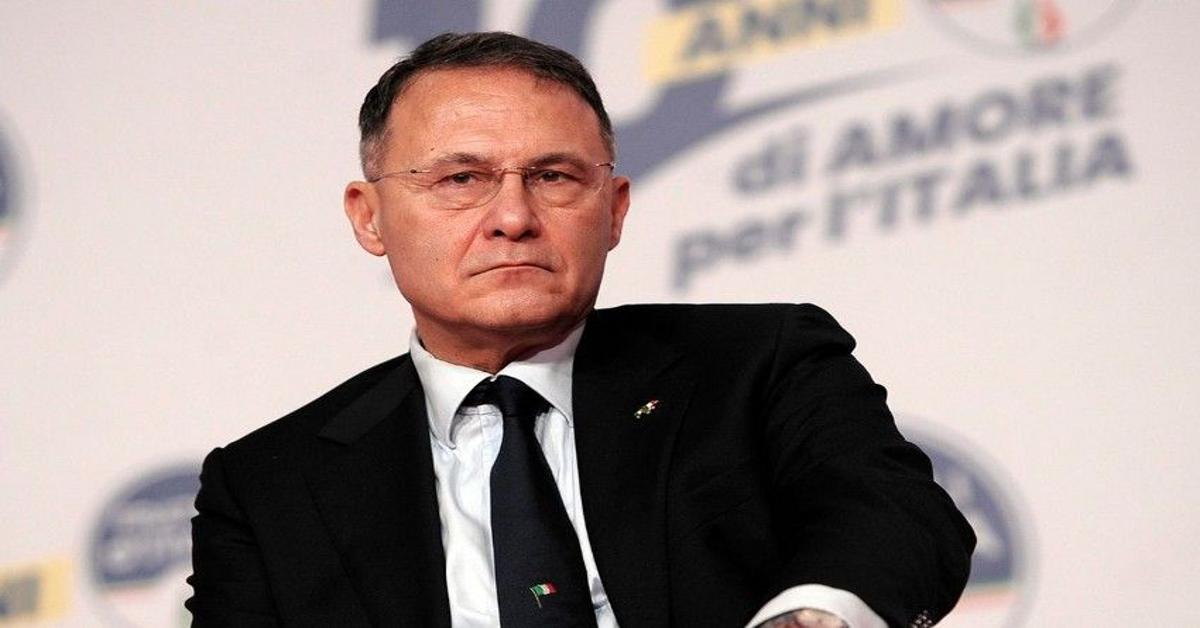
Italy challenges France's diplomatic approach in the South Caucasus, as Deputy Minister Cirielli criticizes French Foreign Minister Sejourne for potentially destabilizing remarks on the Azerbaijan-Armenia normalization process
The geopolitical landscape of the South Caucasus, a region already known for its complex historical and contemporary conflicts, is witnessing a new diplomatic tension.
Central to this development is Italy's Deputy Minister of Foreign Affairs Edmondo Cirielli's criticism of French Foreign Minister Stephane Sejourne's recent comments.
Cirielli openly criticized Sejourne's statements on Azerbaijani-Armenian normalization.
He highlighted the gravity of the issue, stating, "Azerbaijan, hosting the 29th session of the Conference of the Parties to the UN Framework Convention on Climate Change (COP29), takes a responsible position."
He emphasized that Sejourne's remarks could disrupt peace efforts.
"The statements of the Minister of Foreign Affairs of the French Republic certainly do not contribute to defusing the situation."
France's role in the South Caucasus, especially its approach toward Azerbaijan, has become a point of contention. Sejourne's comments during a joint press conference with the U.S. Secretary of State, particularly about the Zangazur Corridor, have been seen as an overt expression of support for Armenia and a departure from neutral diplomacy.
This bias has led to accusations that France is continuing its historical colonial policies. Critics argue that France's current policies risk destabilizing the region and turning the South Caucasus into a new battleground.
Sejourne made some controversial comments, explicitly referring to the Zangazur Corridor as a critical concern for France and tying it to the broader geopolitical struggle for influence in the region.
His remarks were interpreted as anti-Azerbaijani. He highlighted France's support for Armenia and its objections to projects like the Zangazur Corridor, which are pivotal for Azerbaijan's economic and political ties in the region.
Azerbaijan's Foreign Ministry spokesperson Aykhan Hajizada, commented on the groundless accusations against Azerbaijan by Sejourne at a joint press conference with the U.S. secretary of state on April 2.
The Italy-France tension is part of a broader struggle for influence in the South Caucasus. This scenario involves key regional powers like Russia, Germany, and Iran, each with their unique historical, political, and economic interests in the area. The complexity of international relations and the interconnectedness of regional and global politics are evident here.
Source: Newsroom